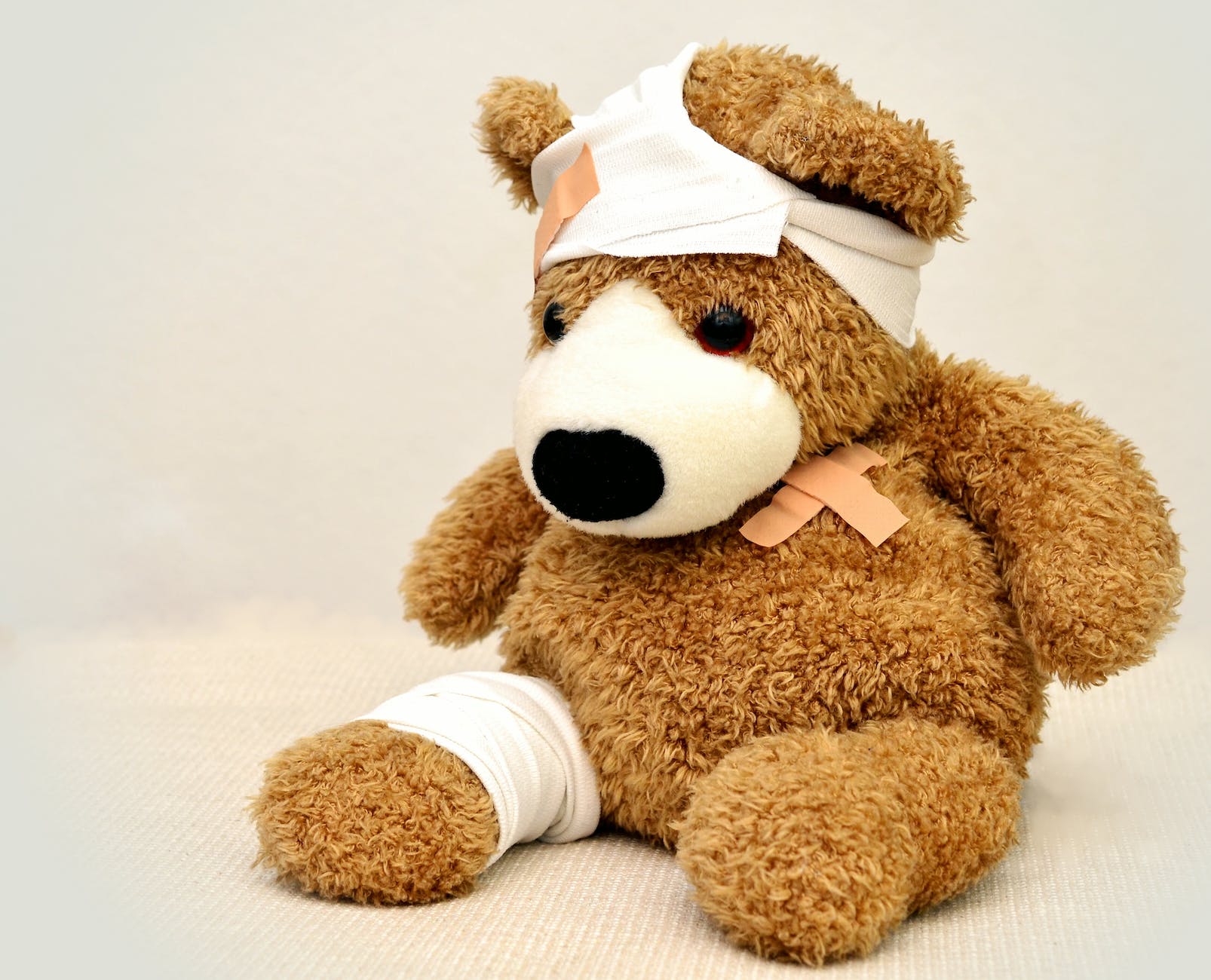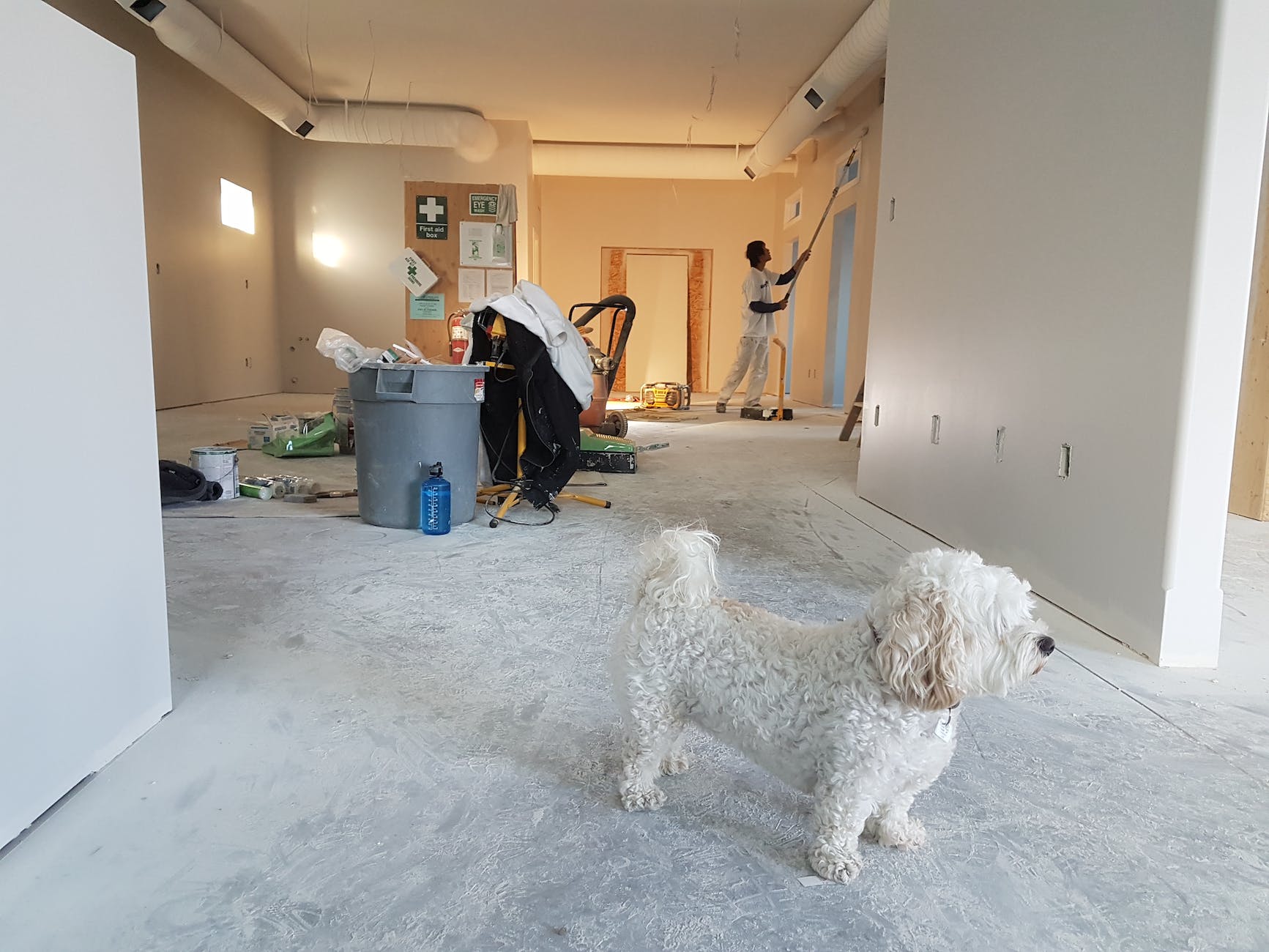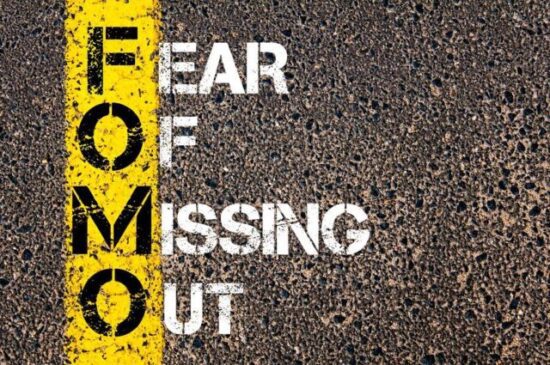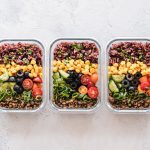
ARFID Symptoms and Selective Eating

Have you heard of ARFID or selective eating disorder? If you have a child who has ARFID or is showing the ARFID symptoms, then you have my sympathy – life with a child who has a number of challenges about food and eating can be incredibly difficult. Whilst on the surface these children may be referred to as fussy or picky eaters, the reality is far more challenging to deal with! At the time of writing we have no official ARFID diagnosis from our GP, however my youngest daughter has shown signs and symptoms of ARFID from a very young age.
If you are new to my blog you may not know that we have been on quite the journey with Neve’s eating. From the moment we started weaning Neve at 6 months old, getting her to consume any food at all was a real challenge. Having already had one picky eater, I was keen to encourage a wide palette with Neve, mixing traditional weaning with baby led weaning in the hope of exposing her to a wide range of tastes and flavours. Unfortunately, Neve had caught a sickness bug at 5 months old just prior to experiencing food for the first time, and the view of medics and dieticians we have spoken to since was that this appeared to have had a somewhat negative effect on her association with food and unfamiliar textures, making her quite anxious about food even at such a young age.
As a baby whenever we tried to feed her, whether it would be baby led or traditional puree based food, she would regularly gag and heave, despite offering very small quantities of food at a time. She appeared to be scared of choking even with very smooth foods and on the rare occasion where I managed to encourage her to eat a small bowl of mashed up veg or fruit or puree, she would often vomit it all up just a few moments later, usually because one mouthful had triggered her gag reflex or made her nervous. As time went on, she got very anxious and upset when we tried to feed her. Whilst initially we were told to persist and that this was something she would grow out of, we were eventually referred to a dietician when she was around 1, as at this point the only foods we could get her to eat were completely smooth purees or yoghurts.
We have come a long way since but it has been a hard and exhausting experience for us all. Neve is now 3 and a half, and whilst she is still yet to eat anything like normal meals, she now has a small but perfectly formed list of “safe foods” which I can probably count on two hands, but that are effectively keeping her alive! She also now takes a daily vitamin, so I have to worry less about her not getting the vitamins and nutrients that her diet was most definitely lacking.
When you have a child who shows ARFID symptoms, I will be the first to admit that at times it is incredibly draining, mentally exhausting and upsetting watching your child refuse to eat. There is also the tendency for other people to judge and blame the parents, assuming that we have encouraged her behaviour, failed to offer her the correct foods or that her actions are simply learned behaviour; and that we as parents have somehow manifested this behaviour by not trying hard enough. Whilst I can see her eating and safe foods have now become habitual, I would love any one who judged my parenting to experience just a week of meal times with Neve to realise that “persisting” with a child who clearly has strong anxieties and a stubborn nature around food, is incredibly difficult.
After a few years of seeing the dietician I ended up discharging Neve, as I found the practical assistance and support we got pretty poor. At each appointment they would simply take her weight and say that she was within the normal range, before telling me all the foods that she should be eating (as if I didn’t already feel guilty enough and ha). Other than things I had already tried many many times before, no real practical assistance was given to try and help my daughter to eat and I found this mentally even more upsetting than trying to do it alone. After conversations with my GP who said she may be experiencing ARFID symptoms, particularly as it had gone on for so long, I decided to do my own research, and joined a group on Facebook for SED / AFRID parents and carers, which I have found an absolutely life saver – particularly knowing that I am not the only parent experiencing such challenges, and most importantly am not alone!
There have been many tears in this house over her eating (mostly mine) and whilst we are far from getting her diet to be “normal” there is finally some light at the end of the tunnel, with her becoming a little more willing to try and experiment with new flavours.
ARFID Symptoms or Picky Eating?
So how do you know if your child is showing ARFID symptoms (Avoidant Restrictive Food Intake Disorder or Selective Eating Disorder) or if they are just picky?
Some of the ARFID Symptoms that Neve has shown include:
- Having issues with a foods texture or touch – If a food doesn’t have a “safe” texture, Neve will refuse to even pick it up, touch or have it close to her.
- Having a very small list of safe foods which they are willing to eat. This may also change quite suddenly, particularly if it is served in a different visual fashion or with other non familiar foods.
- Avoidance of foods based on visual appearance or touching other items – if Neve’s plate is too full (even with familiar foods), is on the “wrong plate” or is next to items which she doesn’t recognise or like, she will refuse the whole plate.
- The concept of “they’ll eat when they’re hungry” doesn’t work – they just won’t eat. They will however get upset, tired and anxious.
- Difficulties in chewing food – panic and heaving if mouth is too full even on foods which are smooth or easy to swallow.
- Gagging and/or vomiting regularly during meals.
- Painfully slow eating and a need for constant encouragement and reassurance, breaking food into very small pieces to ensure she will eat.
- Showing no desire of hunger or eating unassisted or without encouragement
How to help a child with Symptoms of ARFID / Selective Eating Disorder
Over the last 6 months we have seen real progress with Neve’s eating; and as much as I would like to say I have been fundamental in this, the reality is that it is starting preschool that seems to have had a big impact. She is now at preschool for two full days, during which there is no option of safe foods or alternatives. Whilst in the younger years of a nursery setting we gave her pouches, these were removed. Many times she would still come home absolutely starving, having eaten very small quantities during the day, but eventually we started to see small signs of a willingness to try very tiny quantities of certain foods, starting with picking them up, holding them, licking them and then trying tiny little pieces.
If your child is showing signs of ARFID here are some things that may help
- Reward charts and encouragements – Positive reinforcement is required for pretty much every single meal, but giving a long term incentive and rewarding positive steps such as even holding, touching or licking a new food has been really helpful. Neve at 3 and a half responds really well to things like stickers, and whilst they don’t necessarily make her eat, they do give her a sense of pride and reward when she has.
- Try to stay calm – this is by FAR easier said than done. There are only so many times you can cook something to have it thrown on the floor or left to go cold before it starts to become upsetting. Try not to punish or shout – but do not reward extreme behaviour.
- Think carefully about portion size – Neve will decide whether or not she is going to eat based on visuals first, so even with safe foods, take care not to overwhelm by providing big portions or large quantities. Plates with small separated sections work really well.
- Break foods into tiny pieces – for example, we serve carrot in tiny little cubes, and if she eats a chicken nugget, I have to tear it into really small chunks which she can put into her mouth without heaving or starting to panic.
- Eating out can be a real challenge, as even if there are safe foods on the menu, they would be served in a way or amount that would overwhelm Neve and stop her from eating. As a result I tend to let her just have some bits off my plate instead and accept that she may need to eat when she gets home.
Do you have a child who shows signs of extreme picky eating that may have AFRID? I’d love to hear others experiences and what has helped you and your family.


















































